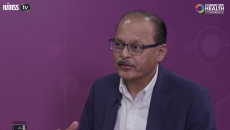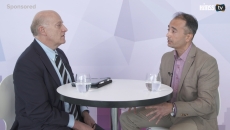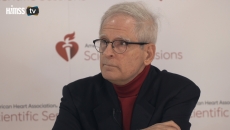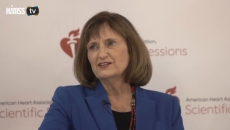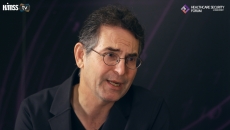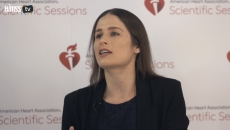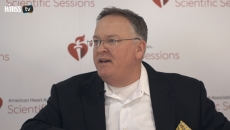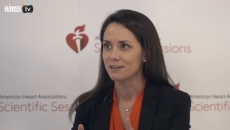Medical Devices
CEMOSoft's products connect devices to improve patient experience, says CEO Mahesh Dharan.
SPONSORED
Tapan Mehta, global head of healthcare solution marketing at Nutanix, says to deliver better and more efficient patient-centered care, healthcare organizations are adopting new capabilities and technologies.
Health Innovation Strategies CEO Naomi Fried discusses the innovation lifecycle and how the "operationalization gap" can be avoided by engaging all stakeholders early on.
Lisa Suennen, chair of the strategic advisory board of the Translational Research Institute for Space Health, details ways startups can apply for grants to help accelerate product development.
Qura co-founder and CEO Doug Adams explains why "resilience is better than brilliance" for those hoping to upend healthcare with novel technologies.
Technology adoption is revamping personal health management, says Malinda Peeples, VP of clinical services, programs and research at WellDoc.
Dr. John Halamka, newly named president of Mayo Clinic Platform, says the cloud, AI and IoT are changing cybersecurity priorities.
Dr. Jacqueline Shreibati, former chief medical officer of AliveCor, discusses the company's personal ECG products and the industry's embrace of consumer-friendly offerings.
Bryan Poteet, CEO and co-founder of Continuity Health Solutions, details how the home medical device ecosystem has changed over the past decade.
Duke Clinical Research Institute's Dr. Ann Marie Navar says the health tech industry can't just cater to those who can afford pricey smartphones and wearables, but must instead close gaps in care.
